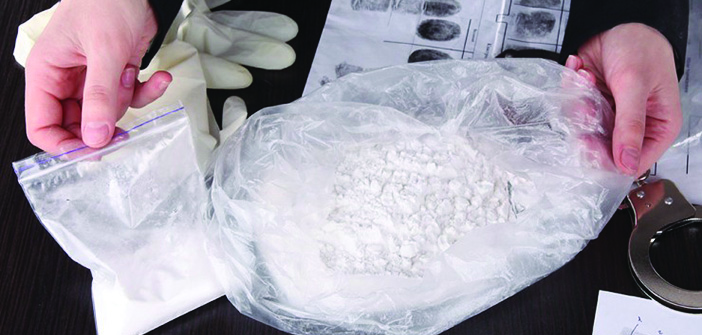A new study highlights an unintended consequence of interventions to combat the illicit opioid epidemic.
For decades, efforts by police to seize illicit drugs have been a cornerstone strategy for disrupting drug markets and removing drugs from communities. But there’s an unintended outcome when opioids are seized, a new study finds: increases in overdoses, including those that are fatal.
The study, published in the American Journal of Public Health, found that police drug seizures were associated with increases in fatal overdose in the surrounding geographic area in the three weeks following enforcement, possibly by leading people with substance use disorder to take greater risks when they tried to restore their supply. The research raises questions about policies that might be exacerbating overdoses during a persistent epidemic that is contributing to reductions in the nation’s life expectancy.
The findings provide evidence that efforts to disrupt drug markets can have unintended effects in generating public harm, says Bradley Ray, PhD, a senior researcher at the nonprofit research institute RTI International who led the study.
“It’s concerning to think routine drug enforcement can exacerbate harms, so we need to focus on mitigating these sources of overdose risk,” Ray says.
Brandon del Pozo, PhD, an assistant professor (research) at Brown University’s Warren Alpert Medical School and School of Public Health, co-authored the study. Del Pozo spent 19 years at the New York City Police Department and four years as chief of police of Burlington, VT, where he directed the city’s response to the opioid crisis. The study highlighted the “collateral consequences” of law enforcement seizures of drugs, del Pozo says.
“To be truly effective in reducing overdose deaths, policing strategies need to be comprehensive,” he says. “That means taking into account all the outcomes of police work, not just the effect of incapacitating drug dealers, but also how seizing drugs disrupts sales in a community, and how those disrupted sales affect usage patterns, and how those usage patterns affect an individual’s health and safety. According to this study, we have evidence that seizing opioids increases exposure to overdose.”




